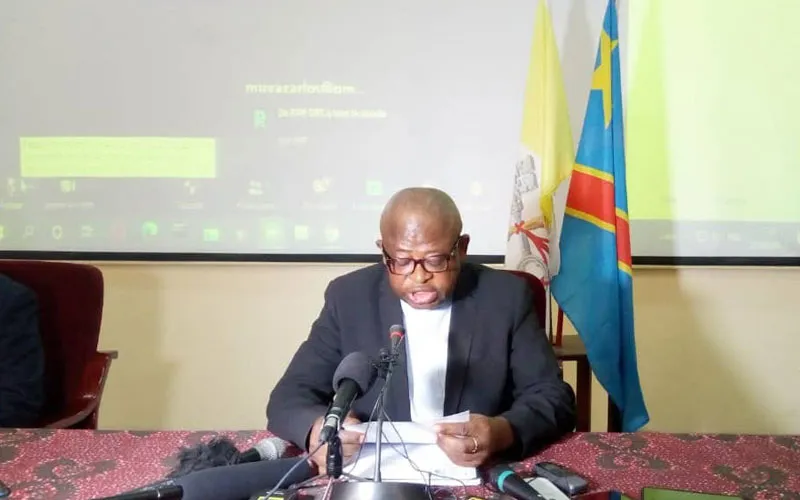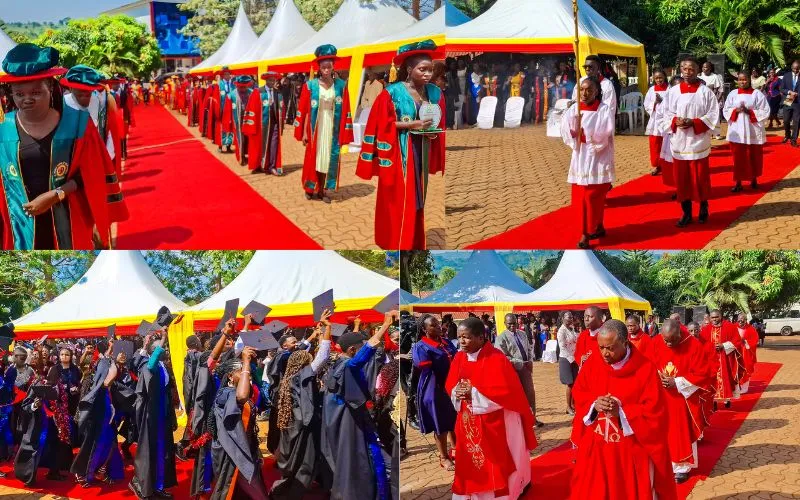“The Head of State should ensure good geographical representation in institutions, including discouraging tribalism and put the Army in a better position to respond effectively to its mission of defending and safeguarding the unity and integrity of the national territory,” the Bishops say.
Addressing themselves to DRC’s members of Parliament (MPs), the Bishops pray that they do not initiate laws that foster tribalism in various institutions.
They also call on the Legislators “not to abuse parliamentary immunities to escape justice and to improve the electoral law so as to reassure the population of the credibility of the 2023 polls.”
CENCO members also call on government leaders to “promote societal projects that strengthen national integration, such as the construction of national roads.”
They add that government officials should also find “effective ways of stabilizing provincial institutions and putting them at the service of the population.”
(Story continues below)
The Catholic Church leaders further call on the international community to help DRC “fight against all the fundamentalist movements that are spreading in the country.”
“Assess the role of DRC's neighbors in the persistence of violence and massacres,” they say, and invite the international community to support cohesion in the country.
The Bishops also advise the Congolese people “not to be drawn into separatist rhetoric and actions, for it is cohesion that holds the country together even in times of trial.”
“Support any good initiative of our government, regardless of our political leanings,” CENCO members tell Congolese citizens, adding that “they should also be united in the fight against COVID-19 by respecting the barrier measures and by getting vaccinated in order to protect ourselves and others.”
The Catholic Church leaders urge Congolese to accept what they are and to appreciate others “in order to put together what we have in common and what makes us different, for the greater good of all and the glory of God.”
“The diversity of tribes is part of the heritage that constitutes the Congo, this blessed gift that we have received from our forefathers. It should not lead us to the exclusion of others, but rather to an opportunity for the enrichment of each other, and a basis for the development of our Nation,” members of CENCO say.
Magdalene Kahiu is a Kenyan journalist with passion in Church communication. She holds a Degree in Social Communications from the Catholic University of Eastern Africa (CUEA). Currently, she works as a journalist for ACI Africa.








